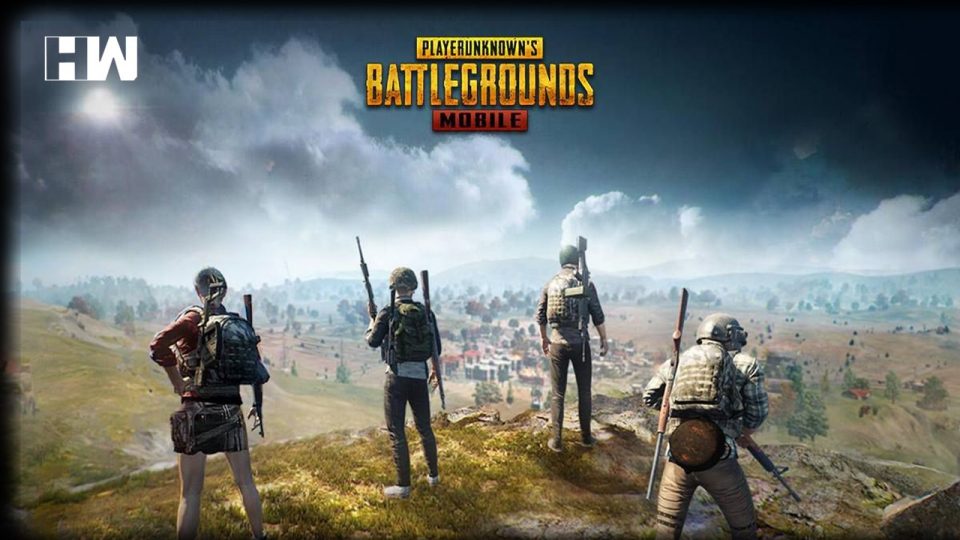PUBG had been developed by a South Korean video game. However, Chinese multinational conglomerate Tencent holds a considerable amount of share in the game
NEW DELHI| The government may soon ban PlayerUnknown’s Battlegrounds (PUBG) in India. Reports suggesting a ban on 275 apps have started to surface online a month after the Indian government banned 59 Chinese apps, including popular ones like TikTok, UC Browser, citing data security concerns.
The government on Monday banned 47 more Chinese apps that were clones of the earlier banned apps. Some of these include TikTok Lite, Helo Kite, ShareIt Lite, Bigo Lite and VFY Lite, all of which are reportedly unavailable on the Google Play Store and Apple App Store. While PUBG is not a part of the list, it is said to be under the scanner.
PUBG is one of the most popular smartphone mobile games in India and many other countries. In India alone, the app boasts of over 175 million downloads.
PUBG had been developed by a South Korean video game company called Bluehole. However, Chinese multinational conglomerate Tencent holds a considerable amount of share in the popular game.
The government is considering a ban on the battle royale format game over data security concerns. Several apps have been on the radar lately owing to alleged data-sharing practices with the Chinese government.
PUBG has been subject to heavy criticism several times in the past but for a different reason. After receiving several complaints from parents and guardians, some state governments across the nation put a temporary ban on the gaming app for its addictive nature that had a psychological impact on players, especially youngsters.
PUBG had, then, assured to take feedback from parents, educators and government organisations to create a safe ecosystem that would enhance the game playing experience.
India’s neighbouring country, Pakistan, too, has banned PUBG earlier this month on the grounds of addictive nature of the game that is detrimental to the player’s health.
Later, on July 26, a Pakistan court lifted the ban.
As an independent media platform, we do not take advertisements from governments and corporate houses. It is you, our readers, who have supported us on our journey to do honest and unbiased journalism. Please contribute, so that we can continue to do the same in future.

